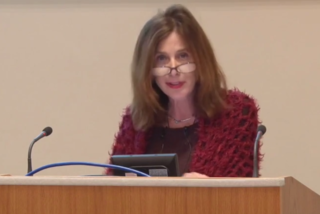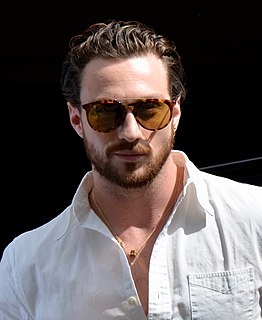A Quote by Gaspar Noe
No director is independent.
Quote Topics
Related Quotes
Independent means one thing to me: It means that regardless of the source of financing, the director's voice is extremely present. It's such a pretentious term, but it's auteurist cinema. Director-driven, personal, auteurist... Whatever word you want. It's where you feel the director, not a machine, at work. It doesn't matter where the money comes from. It matters how much freedom the director has to work with his or her team. That's how I personally define independent movies.
Ask anyone who makes a full-length movie that's shown in the art world if they'd rather have a career as a film director or as an artist. Invariably, they'd rather be known as a film director, because that's what they are. But there's not really a system of independent distribution anymore that allows for that, and so the art world has kind of become all-enveloping. It's absorbed all of these disciplines that don't have a home anymore.
A strong film director does leave you to your devices. A strong director allows you to be free and you trust that he's there and he will tell you if you've gone too far. A strong director allows you to be much more experimental and take greater chances than a director who isn't secure within himself.





































